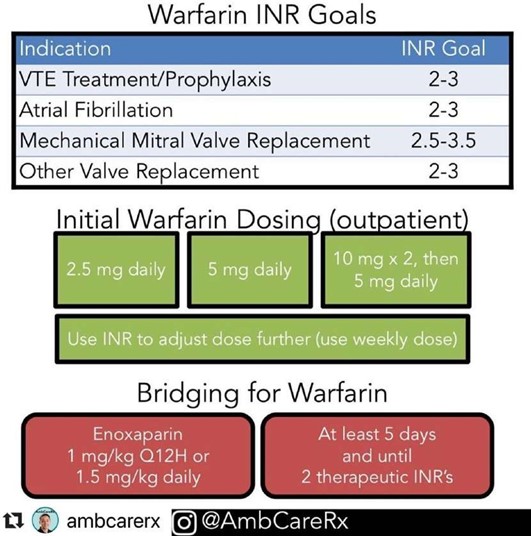A nurse is reviewing the laboratory report of a client who has bipolar disorder prior to the administration of lithium carbonate. The client's lithium level is.6 mEq/L.
Which of the following actions should the nurse take?
Assist the client to a left lateral position.
Implement fluid restrictions.
Request a dosage increase from the provider.
Prepare the client for hemodialysis.
The Correct Answer is C
- A. Assist the client to a left lateral position.
- This is generally used for clients at risk of aspiration, and it's not indicated based on the lithium level.
- B. Implement fluid restrictions.
- Fluid restrictions are usually implemented when there is a risk of fluid overload or hyponatremia, and not in this case. In fact, dehydration can raise lithium levels to toxic levels, so proper hydration is important.
- C. Request a dosage increase from the provider.
- While 0.6 mEq/L is within the therapeutic range, some providers may want to see a level slightly higher for maintenance. So requesting a dosage increase from the provider is the correct action.
- D. Prepare the client for hemodialysis.
- Hemodialysis is used to remove lithium from the blood in cases of severe lithium toxicity, which is indicated by levels significantly higher than 1.5 mEq/L. This is not needed when the lithium level is 0.6 mEq/L.
Nursing Test Bank
Naxlex Comprehensive Predictor Exams
Related Questions
Correct Answer is A
Explanation
Choice A rationale: Administering filgrastim after chemotherapy is a standard practice to boost white blood cell count. However, filgrastim should not be given within 24 hours before or after chemotherapy, as it can affect the efficacy and increase the risk of side effects. Administering the medication 12 hours after chemotherapy falls within this contraindicated window, necessitating an incident report.
Choice B rationale: Filgrastim can be stored at room temperature for short periods, and 2 hours is generally within acceptable limits for stability.
Choice C rationale: An absolute neutrophil count of 2,500/mm³ is within the normal range, and there is no contraindication for administering filgrastim.
Choice D rationale: Flushing the client's IV line with dextrose 5% in water before and after administering filgrastim is not appropriate, as this medication is typically administered with saline solution. Using an incorrect flushing solution could affect the medication's efficacy or compatibility, necessitating an incident report.
Correct Answer is D
Explanation

A client who has deep-vein thrombosis and is taking warfarin should obtain an International Normalized Ratio (INR) test monthly.
This blood test measures how fast the blood clots and helps the healthcare provider determine if the client is taking the right dose of warfarin to keep them safe from bleeding and making clots.
Choice A is wrong because Platelet count, is not the correct answer because it measures the number of platelets in the blood and is not specifically related to warfarin therapy.
Choice B is wrong because aPTT, is not the correct answer because it measures the time it takes for blood to clot and is used to monitor heparin therapy, not warfarin therapy.
Choice C is wrong because Fibrinogen, is not the correct answer because it measures the amount of fibrinogen in the blood and is not specifically related to warfarin therapy.
Whether you are a student looking to ace your exams or a practicing nurse seeking to enhance your expertise , our nursing education contents will empower you with the confidence and competence to make a difference in the lives of patients and become a respected leader in the healthcare field.
Visit Naxlex, invest in your future and unlock endless possibilities with our unparalleled nursing education contents today
Report Wrong Answer on the Current Question
Do you disagree with the answer? If yes, what is your expected answer? Explain.
Kindly be descriptive with the issue you are facing.
